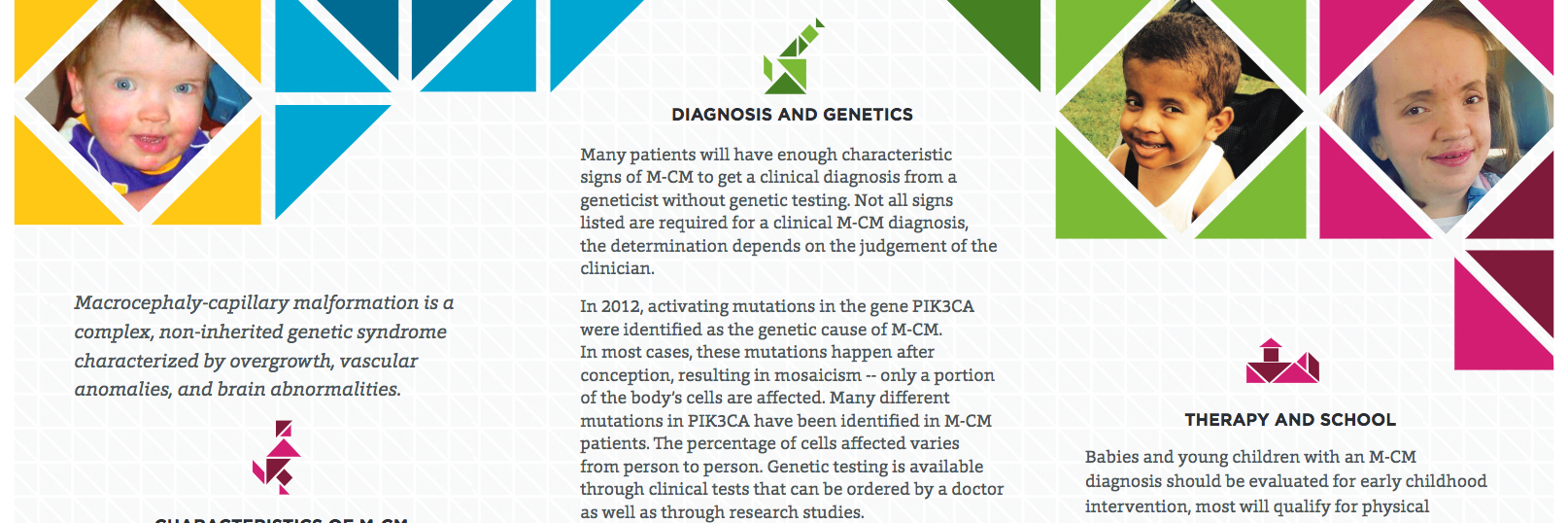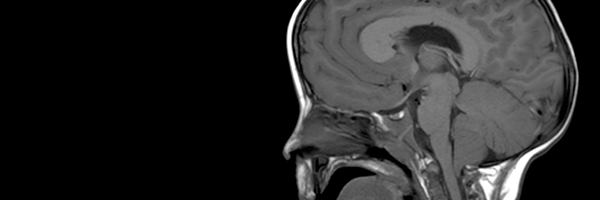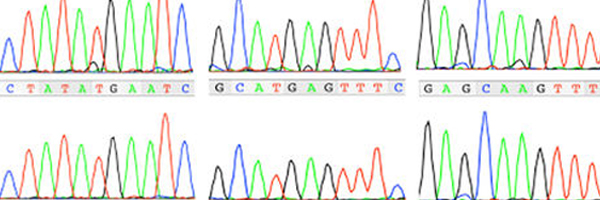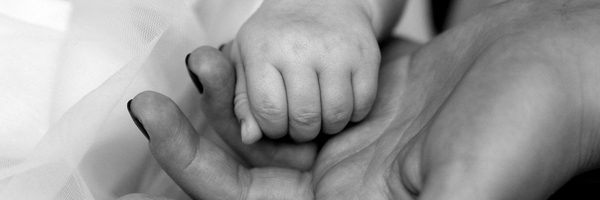Syndrome Description
Learn more about M-CM
In addition to structural brain abnormalities, functional problems are seen in nearly all individuals with M-CM. Developmental disabilities are common and can range from mild, moderate to occasionally severe impairment. It appears that children with disorders of brain formation such as polymicrogyria and cortical dysplasia have more severe impairment; however, long-term studies have not been done to clarify this association.
Motor delays are common and influenced by multiple factors including loose joints, limb asymmetry, and a large head and body size. In typical cases, children learn to walk and talk, but at a later age than expected. Most children require special therapies including physical, occupational and speech. It is important for individuals with M-CM and their families to work closely with the resources in their area to ensure appropriate services are received.
It is anticipated that children with M-CM will have life-long disabilities. However, it is important to remember that ultimately each child will have his or her own developmental destiny. Children with M-CM should be afforded every opportunity to excel within their own limitations. Because there have been so few reported adult cases, it cannot be accurately predicted how delayed or functional children with M-CM will be as they mature.
In general, children with M-CM are social, happy and playful. They enjoy being part of their families and have meaningful interactions with parents, family and friends.
Based on available information, M-CM does not appear to be a condition associated with regression or decline in a person’s mental functioning. Children should be expected to make slow and steady progress developmentally; however, it should also be expected that they will be behind their peers to some degree. Autism is not a typical feature, but has been observed in some cases.

Order brochures or download a PDF

Guidelines from published research literature

Guidance for clinical genetic testing

Explore the results of a patient survey conducted in 2012

Explore the research literature related to M-CM

An extensive list of resources